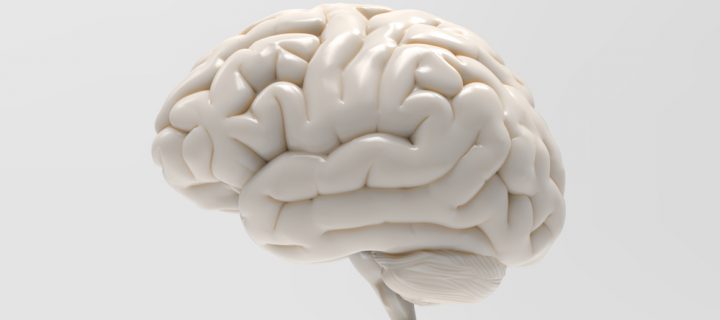It’s being called “astounding”; an “incredible achievement” and a “quantum leap forward” in the battle against cancer, autism, Parkinson’s and Alzheimer’s.
What’s happening exactly?
Scientists at Ohio State University have confirmed they’ve figured out a way to grow the genetic equivalent of a nearly complete embryonic human brain. From scratch.
Well technically, they’re not quite “brains” – they’re brain organoids — pieces of human tissue grown in petri dishes from skin cells. While these little tissue blobs only measure to a micro 2-3 millimetres long, their applications are enormous. They’re seen as research aids to test drugs and other treatments that may help prevent, fight and maybe even cure some of the most devastating disorders and diseases of our time.
“The idea of taking skins cells, reverting them back to a basic stage of development and then teaching them how to turn into the cells that make up the brain is something we have been dreaming about for some time,” said CNN Chief Medical Correspondent Dr. Sanjay Gupta.
“It is exponentially closer to reality now. Furthermore, the idea of using these ‘mini brains’ as a testing ground for therapies could help doctors figure out the best treatments for individual patients as opposed to the ‘one size fits all’ approach that is often used nowadays.”
This new method has only been around for under a decade. It’s become more refined, and precise. And Ohio State biomedical researcher Rene Anand added his team’s work is different because “our organoids have most of the brain parts.”
“I’ll give you one example: If you want to study Parkinson’s, you need the mid-brain. The best I can tell from all published research on organoids is they don’t have the mid-brain. We have the mid-brain we are already moving toward trying to study them.”
It’s an exciting time for Anand and his team, though they’re grounded and realistic in spite of their work – he’d be the first to point out that the project is still at a very early stage.
“Right now, it’s like we’re climbing Mount Everest and we’re at Base Camp One,” he said. “You know, you have to stop, get your oxygen together, then move up to the next step. So, we’ve still got a ways to go.”
Photo credit: Jolygon/Shutterstock











